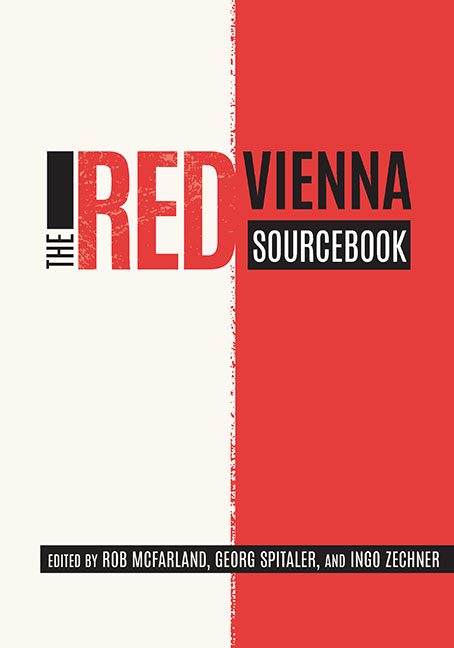Book contents
- Frontmatter
- Contents
- Acknowledgments
- Permissions and Credits
- A Note on the Structure of This Book
- Introduction
- Part I Foundations
- Part II Philosophies
- Part III Identities
- Part IV New Values
- Part V Social Engineering
- Part VI Vitality
- Part VII Housing
- Part VIII Cultural Politics
- Part IX Mass Media
- Part X Exchange
- Part XI Reaction
- Part XII Power
- Chronology
- References
- Contributors
- Index of Subjects
- Index of Persons
Chapter 18 - Sports and Body Culture
Published online by Cambridge University Press: 23 October 2020
- Frontmatter
- Contents
- Acknowledgments
- Permissions and Credits
- A Note on the Structure of This Book
- Introduction
- Part I Foundations
- Part II Philosophies
- Part III Identities
- Part IV New Values
- Part V Social Engineering
- Part VI Vitality
- Part VII Housing
- Part VIII Cultural Politics
- Part IX Mass Media
- Part X Exchange
- Part XI Reaction
- Part XII Power
- Chronology
- References
- Contributors
- Index of Subjects
- Index of Persons
Summary
THE BEGINNINGS OF WORKERS’ SPORTS date back to the late nineteenth century with the foundation of workers’ gymnastics associations, cycling clubs and organizations such as Friends of Nature (Naturfreunde), dedicated to recreational activities. After World War I, sports became an important pillar of the social democratic movement. In Red Vienna, a new culture was meant to form New Humans, and body culture was considered a part of it. This found its strongest expression in the Second Workers’ Olympics, held in Vienna in 1931. Tens of thousands of participants gathered in the city for a sports festival that included features such as a mass theater performance honoring the heroic history of the proletariat. Most events were held in the newly inaugurated Prater Stadium; with its béton brut facade and the democratic arrangement of terraces, the stadium was a landmark of progressive mass architecture.
Social Democracy, however, had to compete with the boom in commercial sports. Sports were becoming a mass phenomenon and an important part of popular culture. Spectator sports experienced a significant upswing after World War I, especially association football (soccer). In 1924 the renowned sportswriter Emil Reich (1884–1944) described Vienna as “the soccer capital of Europe,” claiming that no other metropolis on the continent had more clubs, bigger crowds, and comparable interest in the game. In his words: “With regard to soccer, Vienna has surpassed all other European cities—whether you consider this a benefit or not.” Sports newspapers and magazines abounded. Even intellectuals embraced this latest form of popular entertainment. Sports facilitated the promotion of new models of masculinity and femininity, identity politics, and localism. Besides the workers’ clubs and the “nonpolitical” clubs of the bourgeoisie, postwar Austria saw the growth of clubs with other political or community affiliations, such as pan-German gymnastics and alpine clubs, as well as Zionist clubs, such as SC (Sport Club) Hakoah.
Sports posed challenges to the Social Democrats. As a form of modern entertainment, sports—in their view—undermined the emancipatory potential of workers’ sports, and the appeal of spectator sports, in particular, diverted working-class youth from the political struggle.
- Type
- Chapter
- Information
- The Red Vienna Sourcebook , pp. 351 - 368Publisher: Boydell & BrewerPrint publication year: 2019



